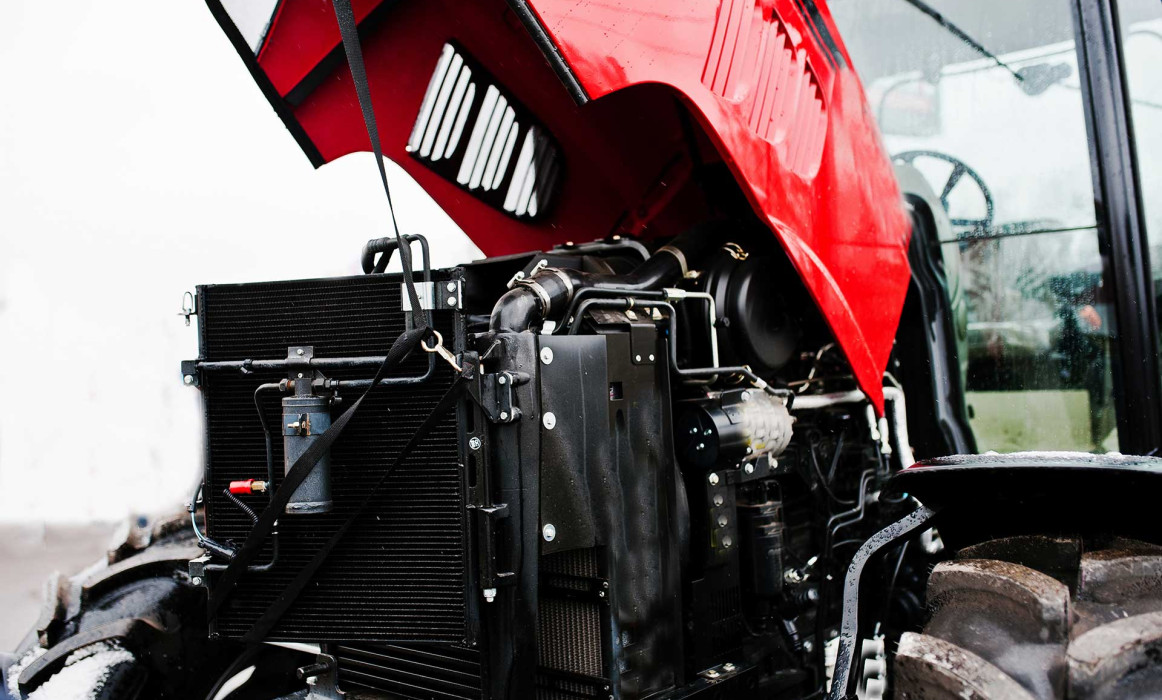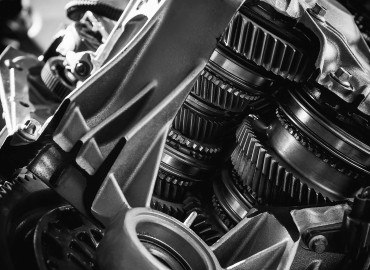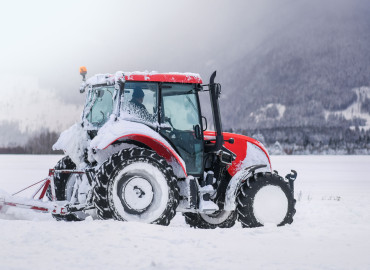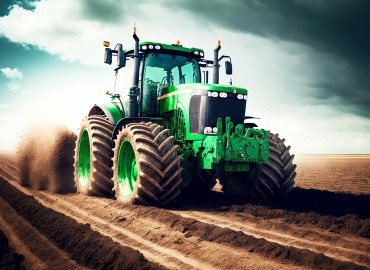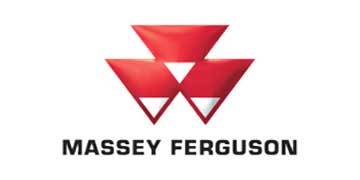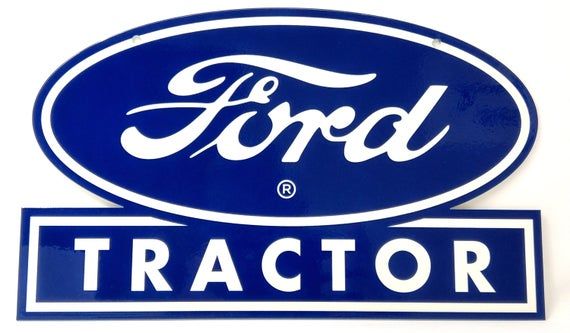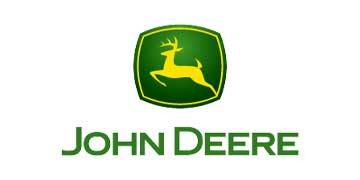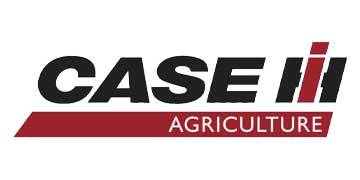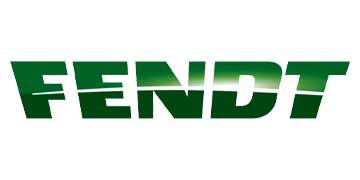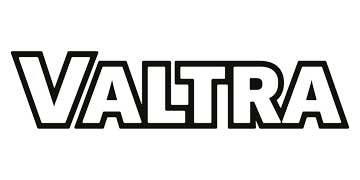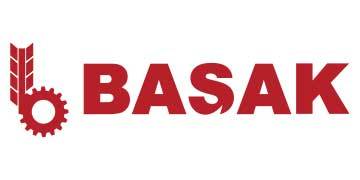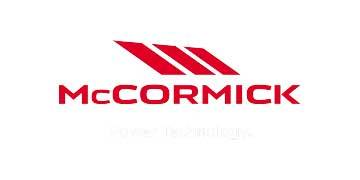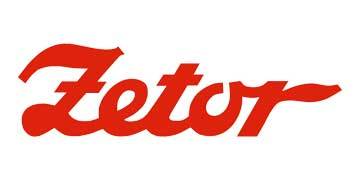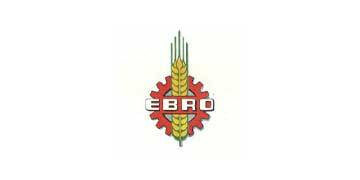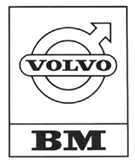Engines are the backbone of numerous industries, powering the machinery that drives our daily operations. However, ensuring these engines operate seamlessly requires consistent maintenance and one integral facet of this upkeep is the timely replacement of engine filters.
Common Engine Problems in Tractors
Engine problems in tractors can manifest in various ways, contingent on factors such as brand, model, age, usage conditions, and maintenance routines. Nonetheless, some prevalent engine woes include:
Oil Pressure Problems: Failures in the oil pump or oil filter can lead to dwindling oil pressure and accelerated engine wear.
Cooling Problems: Overheating concerns may arise from glitches within the cooling system.
Fuel Problems: Obstructed fuel filters or erratic fuel injectors can disrupt the smooth flow of fuel.
Starter Problems: Starter motor hitches or irregular operation can stem from battery issues or malfunctions within the starter motor itself.
Cylinder Problems: Leaky cylinders or worn piston rings can translate to a reduction in engine power.
Exhaust Emission Problems: Irregular operation of emission controls and exhaust gas treatment systems can result in non-compliance with environmental regulations.
Fuel Pump Problems: Fuel pump failures can provoke erratic engine performance or stalling.
Engine Block Damage: Cracks or damage to the engine block can abbreviate the engine's longevity.
The Vital Role of Filters
Engines are tasked with processing various substances like air, fuel, and oil, yet these substances may harbor unwanted particles, dirt, dust, and debris. These contaminants, if permitted to infiltrate the engine, can culminate in damage and ensuing complications. This is where filters come into play.
Engines necessitate clean air, fuel, and oil for optimal performance. Engine filters function as the guardians, cleansing these substances and ensuring their delivery in a pristine state. Filters act as barriers, preventing foreign particles from infiltrating the engine and thus safeguarding it from harm. Consequently, filters stand as critical components in preserving engine efficiency and well-being.
Diverse Engine Filter Types
Three primary types of engine filters cater to specific requirements:
Air Filters: These purify incoming air, facilitating efficient fuel combustion and maximizing power output.
Fuel Filters: Fuel filters supply uncontaminated fuel to the engine's fuel system, averting injector blockages and guaranteeing smooth engine operation.
Oil Filters: Oil filters extract impurities and debris from engine oil, curtailing friction among engine components and averting wear.
The Crucial Importance of Timely Filter Replacements
Over time, filters accumulate dirt and clogs, detrimentally affecting engine performance and sparking an array of issues. Regularly replacing filters can avert the following problems:
Diminished Fuel Efficiency: Soiled air or fuel filters can precipitate escalated fuel consumption, leading to increased fuel costs.
Reduced Engine Power: Clogged air filters constrict air intake, resulting in reduced engine potency.
Engine Damage: Filthy oil filters can taint engine oil and promote part wear, potentially resulting in severe engine damage.
Emission Dilemmas: Contaminated filters heighten exhaust emissions, contributing to environmental concerns.
Abbreviated Engine Lifespan: Neglected engine filters can truncate an engine's longevity. Consistent filter replacements promote a prolonged engine lifespan.
When to Schedule Filter Replacements
Recommended filter replacement intervals can fluctuate depending on filter type and usage conditions. However, here are some general guidelines:
Air Filters: Replace every 12,000 to 15,000 kilometers or every 6 to 12 months, with more frequent changes necessary in dusty environments.
Fuel Filters: Change every 20,000 to 40,000 kilometers or on an annual basis.
Oil Filters: Replace during every oil change, with the frequency contingent on the engine type and oil used.
Filters assume an indispensable role in preserving engine cleanliness and robustness. Neglecting to replace dirty or obstructed filters can profoundly impact engine performance, leading to an assortment of complications. Consistent filter replacements ensure that your engine functions efficiently, maintains its vigor, and enjoys an extended lifespan. To avert engine troubles and safeguard your engine's well-being, entrust Hars with top-quality engine filters and dependable tractor spare parts. Trust Hars to keep your engines running at their best.
 en
en  tr
tr 
